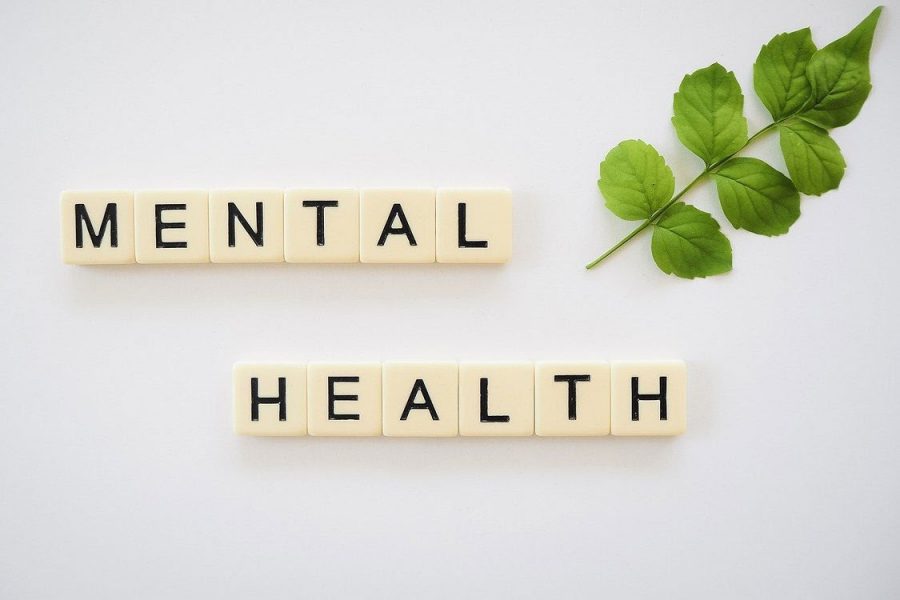Tips for Staying Sane
Mental health is a very important part of a person’s well-being, yet the global pandemic is a wrecking ball on psychological balance
Photo: TotalShape/Pixabay
Pandemic stress is causing a down fall in over all health of the community, especially mental health
With the social distancing laws and limitations ongoing to school and around Seattle, many people feel their mental health deteriorating. The counselors are offering tips on how to maintain your mental health during this crazy time.
According to a survey run by Puma Prints, 57% of middle school students feel that their mental health has been negatively affected by quarantine.
One of the reasons for this could be loneliness. Humans love to socialize and without in-person contact with people, other than our family, everyone can start to go a bit stir crazy.
“Our main ways of connecting with other people have had to be adapted during this time – Zoom calls replace in-person meetings, community gatherings are less interactive than they were before, and the casual interaction (e.g., running into someone in the hallway) has practically disappeared,” said Amy Sanchez in an email interview.
Sanchez is one of the UPrep counselors and she is offering knowledge on mental health.
“Everyone does things on a daily basis to support our mental health,” Sanchez said. “The pandemic has shaken up our systems for how we take care of our mental health and we’ve all had to find new coping styles.”
She recommends connecting with friends and family, breathing exercises, and going on a walk.
“This can be a nice way to break up the day and also get yourself moving, which is a small-but-mighty way of dealing with stress,” Sanchez said.
Emily Schorr Lesnick is the social-emotional learning coordinator at UPrep, and she also has some insight as to what specifically might be causing all this stress.
“It’s also hard not to know exactly when things might ease up, and if we may ever return to normal,” Schorr Lesnick said.
She suggests accepting your stress and not trying to push it away, but rather noticing that you are feeling this way and examining it from different angles.
“You can acknowledge you are stressed and try to understand how that feels for you. From that acceptance comes change and growth. I think telling people to simply calm down is unrealistic.”
UPrep’s second counselor, Lindsay Metcalfe, suggests that we look at social distancing in a positive light.
“While everyone is experiencing new forms of stress right now, some people may also be experiencing changes that benefit their mental health (e.g., spending extended time with close family may be a really positive experience for some people),” Metcalfe said in an email interview.
She proposes that we should connect with a loved one and talk about the craziness in the world.
“Because most of us are living much more isolated lives than before the pandemic, it is super important to connect with other people right now. It is so encouraging to be able to talk to someone about what’s going on in our lives and hear a response like ‘I’m going through the same thing too.’ Talking to others normalizes our experiences,” Metcalfe said.
Metcalfe also hopes that people will reach out to those around them, whether it be waving to a neighbor on the street, or reaching out to a friend you haven’t talked to in a while. The simple gesture of “Hey, I hope you’re ok and I’m thinking of you” can go a long way for someone’s mental health, and someday, that sort of thing might just boomerang back.
“There is increasing understanding that connecting with others is a sign of strength, wellness, and bravery. I’m grateful for our UPrep community in being a part of changing the way we talk about getting support,” said Sanchez.


